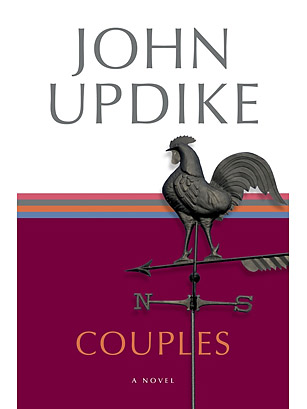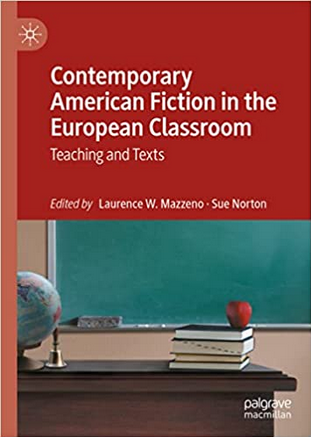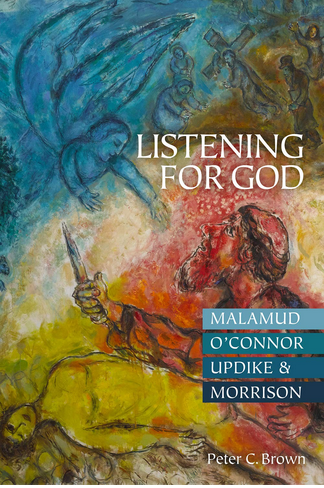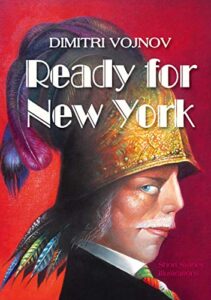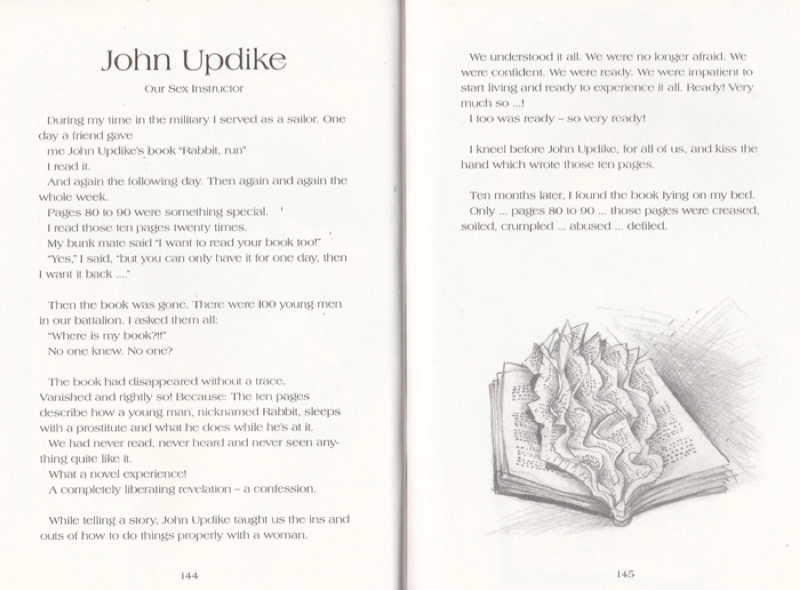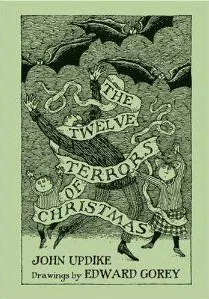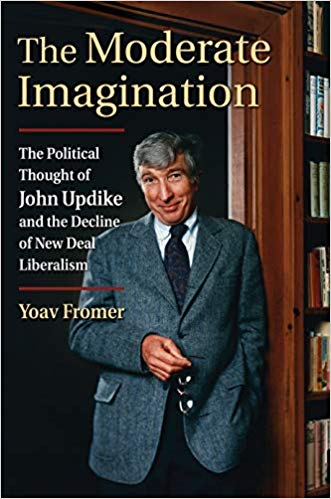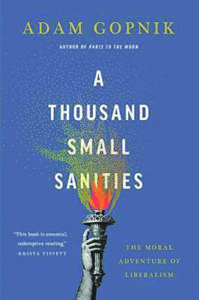Books published during the COVID quarantine tend not to be on anyone’s radar, but one of them just came to our attention: Listening for God: Malamud, O’Connor, Updike & Morrison, by Peter C. Brown (Mercer University Press, 2020).
Of course, Brown isn’t alone in considering Updike as a religious writer. The very first monograph on Updike, Alice and Kenneth Hamilton’s The Elements of John Updike (1970), heavily weighed the Protestantism that underscored much of Updike’s fiction, and James Yerkes’ John Updike and Religion: The Sense of the Sacred and the Motions of Grace (1999) broached the subject from a variety of perspectives. More recently, another Mercer University Press publication, Cosmic Defiance: Updike’s Kierkegaard and the Maples Stories, by David Crowe, explored the religious-philosophical implications of Updike’s Richard and Joan Maple stories.
If you’re wondering if there’s anything left to say, in literary scholarship the answer is almost always yes. That’s certainly the case with this book by Brown, who taught philosophy and Great books for 40+ years at Mercer University.
As the press release for this volume points out, “Peter Brown offers a highly interdisciplinary examination of these four authors who represent four different faith traditions within Judeo-Christianity: Jewish, Catholic, Protestant, and syncretistic (blending Africanist creole beliefs with Catholicism). All subversive writers, they work in extraordinary ways to undermine their own stories and open us, their readers, to something more, something that transcends time and fate.”
The key phrase here is “undermine their own stories,” and Brown is careful to draw a distinction between the protagonists, the narrator, and the author, and to note how these authors interrogate religion with their own brand of dialectical approach. He’s careful to draw a distinction between Updike and his alter ego, Rabbit Angstrom.
The Updike chapter, “Updike’s Secular Pilgrims,” has a title that may seem familiar to readers well-versed in Updike criticism. But Brown finds more to say. He focuses on the Rabbit novels and novella. “What is Rabbit’s problem?” Brown asks in the subtitled section dealing with the first novel. “He is looking within for a vaguely remembered God.” Brown asks, “What are we meant to think of Rabbit? The question is inescapable—Updike insists that we ask it.” While considering the conundrum of God’s judgment, Brown posits, “It’s not the content of the judgment that matters or its casuist application; it’s the vertical dimension it opens in Being: the Sacred. Updike defeats every attempt to bring Rabbit within the ordinary gambit of right and wrong—without abandoning him to the worship of his own worst (or best) instincts.”
By the time of Rabbit Redux, Brown argues, “Rabbit as ‘Christian’ everyman fits the parody. He is burdened with a Biblical sense of sin and been told (in that long ago Sunday school) that salvation/resurrection is promised. Unable to find his own way to the Celestial City of deliverance, instead he follows a ‘shining light’ that only he sees and leaves his wife and children to pursue it.”
With Rabbit Is Rich, Brown suggests that Kruppenbach’s question to Jack Eccles resonates: “How does God see all this? In 1980, America is Updike’s Sodom and Gomorrah—there is no redeeming factor ….” But in Rabbit at Rest, “Updike nudges Rabbit onto a larger stage, not just the evolving tragi-comic setting for his picaresque antics in the first three novels, but a secular world remorselessly molding him from the inside out . . . as he struggles nevertheless to shape a moral realm within his kingdom of self. Whatever it was in Rabbit that sustained Updike’s attention over three decades and four novels rises toward a kind of tragic nobility as he grapples with his mortality and with his son, his only hedge against mortality.”
Such insights resonate even more when read against the conclusions that Brown draws about the fictions of Bernard Malamud, Flannery O’Connor, and Toni Morrison. It’s a welcome addition to Updike studies.
The book, in hardcover, is 255 pages long, priced at $35. Here’s the Amazon link.

